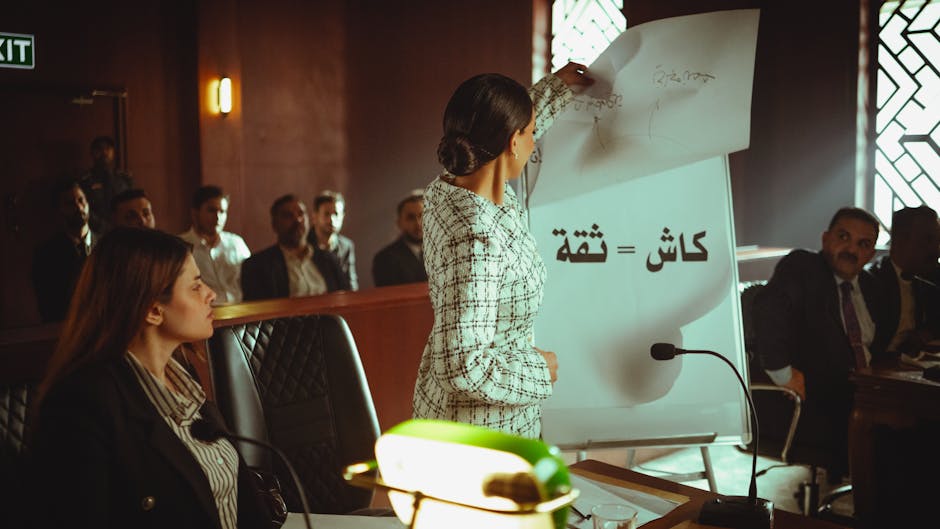Justice BR Gavai’s Farewell Speech: A Defense of Secularism and Faith
In a poignant farewell address, Supreme Court Justice BR Gavai championed India’s secular ethos while openly acknowledging his Buddhist faith. His speech, delivered on the eve of his retirement, struck a chord in a nation grappling with the role of religion in public life. Gavai’s message was clear: personal faith and judicial impartiality can—and must—coexist.
A Trailblazer’s Journey: From Marginalized Roots to the Supreme Court
Justice Gavai, a member of Maharashtra’s Scheduled Caste community, made history as one of the few judges from marginalized backgrounds to reach the Supreme Court. Appointed in 2019, his career symbolized progress for representation in India’s judiciary.
In his speech, he credited his upbringing and Buddhist teachings for his worldview:
“I practice Buddhism, but that does not make me any less secular. My faith teaches compassion and equality—values mirrored in our Constitution.”
This statement subtly countered polarized debates around religion and governance.
Secularism in India: A Constitutional Promise Under Scrutiny
Justice Gavai’s remarks came amid heated discussions about secularism’s place in modern India. Critics argue that political rhetoric often undermines the separation of religion and state, while supporters insist India’s secularism accommodates religious expression.
Gavai offered a balanced view:
“When I sat on the bench, I was not a Buddhist judge—I was an Indian judge. The law is blind to the faith of those who interpret it.”
His career exemplified this principle, with rulings on affirmative action, LGBTQ+ rights, and environmental justice reflecting constitutional morality over personal bias.
Buddhism’s Influence: Compassion as a Judicial Compass
Justice Gavai highlighted how Buddhist philosophy shaped his approach to justice, particularly for marginalized groups. Citing Dr. B.R. Ambedkar’s embrace of Buddhism to reject caste oppression, he noted:
“Ambedkarite Buddhism teaches us to fight inequality. As a judge, my duty was to amplify the voiceless.”
His judgments often prioritized empathy, aligning with Buddhism’s emphasis on Karuna (compassion) and Dukkha (suffering).
A Legacy for Future Generations
In his closing remarks, Justice Gavai urged young legal professionals to safeguard India’s diversity:
“Our democracy’s strength lies in its pluralism. Uphold fairness above all—let your identity inspire justice, not division.”
The speech drew acclaim, with former CJI NV Ramana calling it “a masterclass in constitutional morality.” Activist Teesta Setalvad praised Gavai for “rekindling India’s pluralistic soul.”
Conclusion: Secularism as a Living Ideal
Justice Gavai’s farewell transcended personal reflection—it was a clarion call to preserve secularism amid rising ideological divides. By harmonizing faith and fairness, he set a benchmark for public service in a diverse democracy.
For India’s judiciary and society, his legacy is a reminder: True secularism isn’t erasing faith, but ensuring it never eclipses justice.




